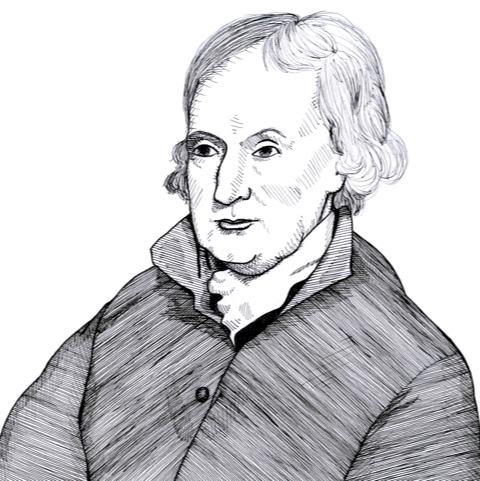
Adam Ferguson on Democracy
Found in: An Essay on the History of Civil Society
In Part 1, Sect. 2, of An Essay on the History of Civil Society (1767), Adam Ferguson reflects on Democracy:
Politics & Liberty
Mr. Montesquieu has pointed out the sentiments or maxims from which men must be supposed to act under these different governments.
In democracy, they must love equality; they must respect the rights of their fellow-citizens; they must unite by the common ties of affection to the state. In forming personal pretensions, they must be satisfied with that degree of consideration they can procure by their abilities fairly measured with those of an opponent; they must labour for the public without hope of profit; they must reject every attempt to create a personal dependence. Candour, force, and elevation of mind, in short, are the props of democracy; and virtue is the principle of conduct required to its preservation.
How beautiful a pre-eminence on the side of popular government! and how ardently should mankind wish for the form, if it tended to establish the principle, or were, in every instance, a sure indication of its presence! (From: SECT. X.: The same Subject continued.)